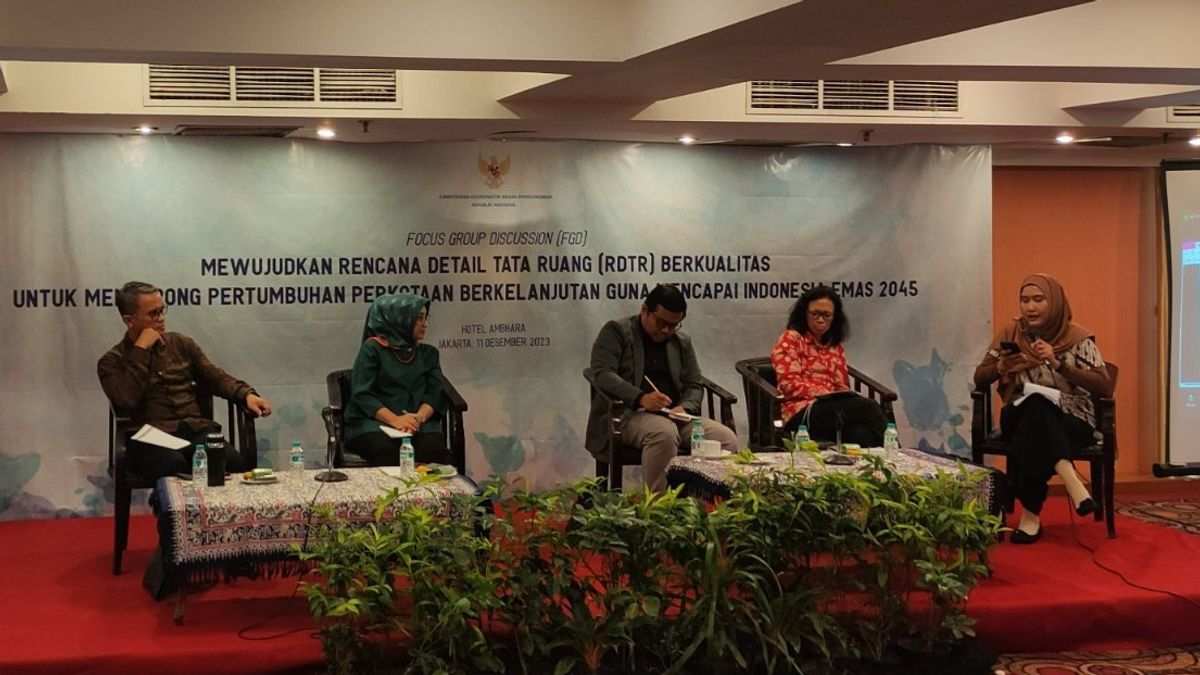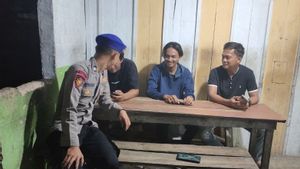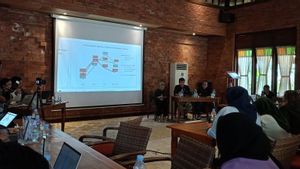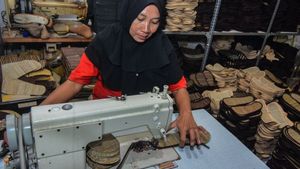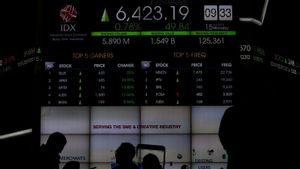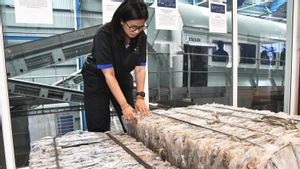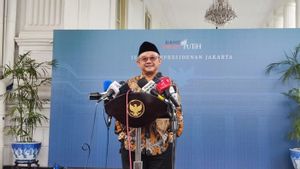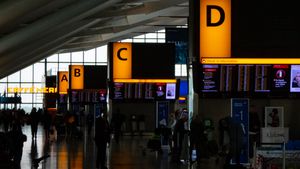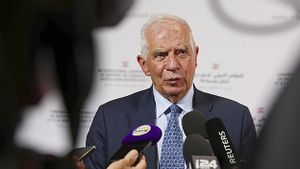JAKARTA - The vision of Indonesia Gold 2045 illustrates the strong determination of the Indonesian nation to become a developed and sovereign country.
The achievement of this vision is inseparable from the process of implementing sustainable urban development, as a center of economic growth, social, and an inclusive and sustainable smart environment.
The rapid growth of urban areas in Indonesia not only creates new dynamics, but is accompanied by the complexity of challenges and problems that must be faced, including rapid urbanization flows, pressure on resources, and challenges of environmental quality degradation.
Therefore, the preparation of the Detailed Spatial Planning (RDTR) is very crucial in detailing strategic steps to direct urban growth in line with the principles of sustainability and achieving Indonesia Gold 2045.
"There is still a gap between the preparation of RDTR in investment realization in Indonesia and currently the preparation of RDTR must be able to adapt to the challenges of future economic development including urbanization, middle income trap, demographic bonus, sustainability development and investment, economic development issues, blue and green economy and global warming," said Deputy for Regional Development and Spatial Planning Coordination Wahyu Utomo.
Wahyu conveyed that through this FGD activity, it is hoped that he can make a real contribution in realizing quality RDTR, which includes formulating strategies and concrete follow-up steps to achieve sustainable urban growth in accordance with the big vision of Indonesia Emas 2045.
FGD activities that were carried out offline and online were attended by approximately 400 participants from Ministries/Institutions, Regional Governments and students.
Assistant Deputy for Spatial Planning and Land of the Coordinating Ministry for Economic Affairs Marcia said that RDTR is not only a means of planning, but also an innovation vehicle that also considers several global issues faced.
SEE ALSO:
Marcia conveyed that the successful implementation of RDTR requires close collaboration between the Government, city planning experts and other related parties.
In addition, the presence of AI technology developments and new concepts should be an opportunity to optimize the improvement of planning quality.
"Because a plan must be read by business actors, so the implementation of the use of space in RDTR must be adaptive and easy to implement," said Marcia.
The English, Chinese, Japanese, Arabic, and French versions are automatically generated by the AI. So there may still be inaccuracies in translating, please always see Indonesian as our main language. (system supported by DigitalSiber.id)
